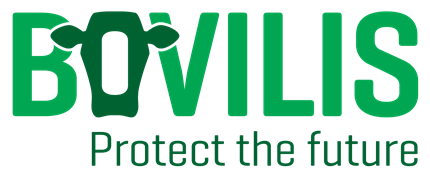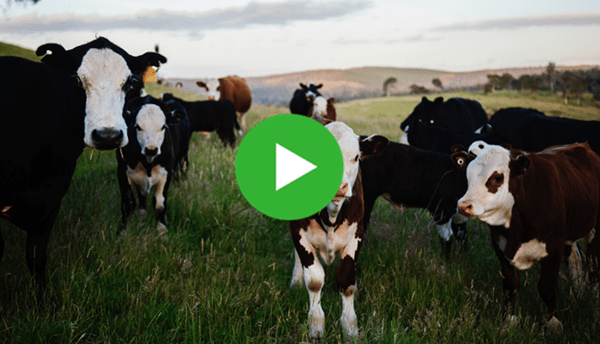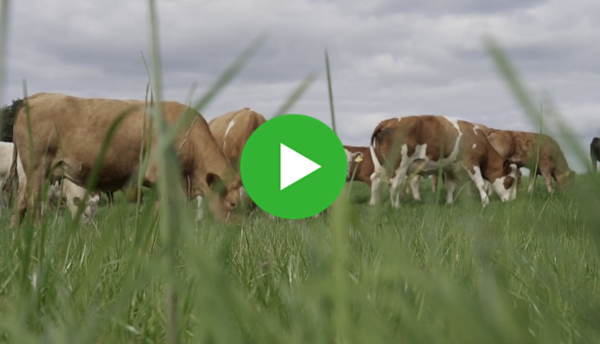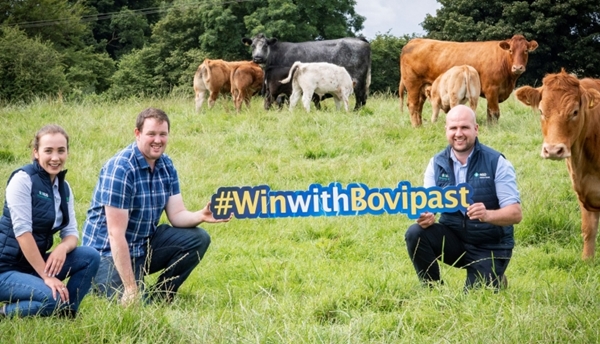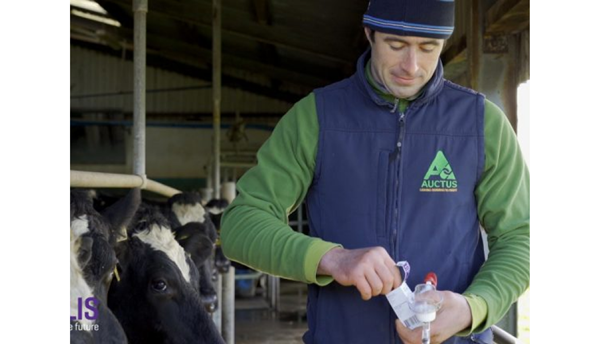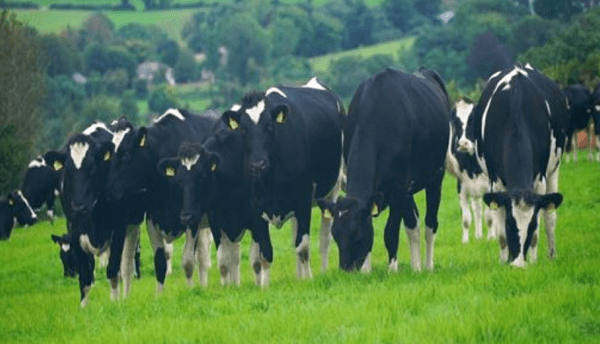

NEWS
“I don’t have time for scouring calves” says Wicklow dairy farmer
24th January 2020
Dairy farmer, Darren Healy explains how he combines scour vaccination and strict management practices to reduce the risk of calf scour emerging on his farm this spring.
With another spring calving season about to begin, farmers are well into their preparations for the busy season ahead. For many, vaccination and applying key preventative practices will be priority in order to reduce the incidences of disease across their herds.
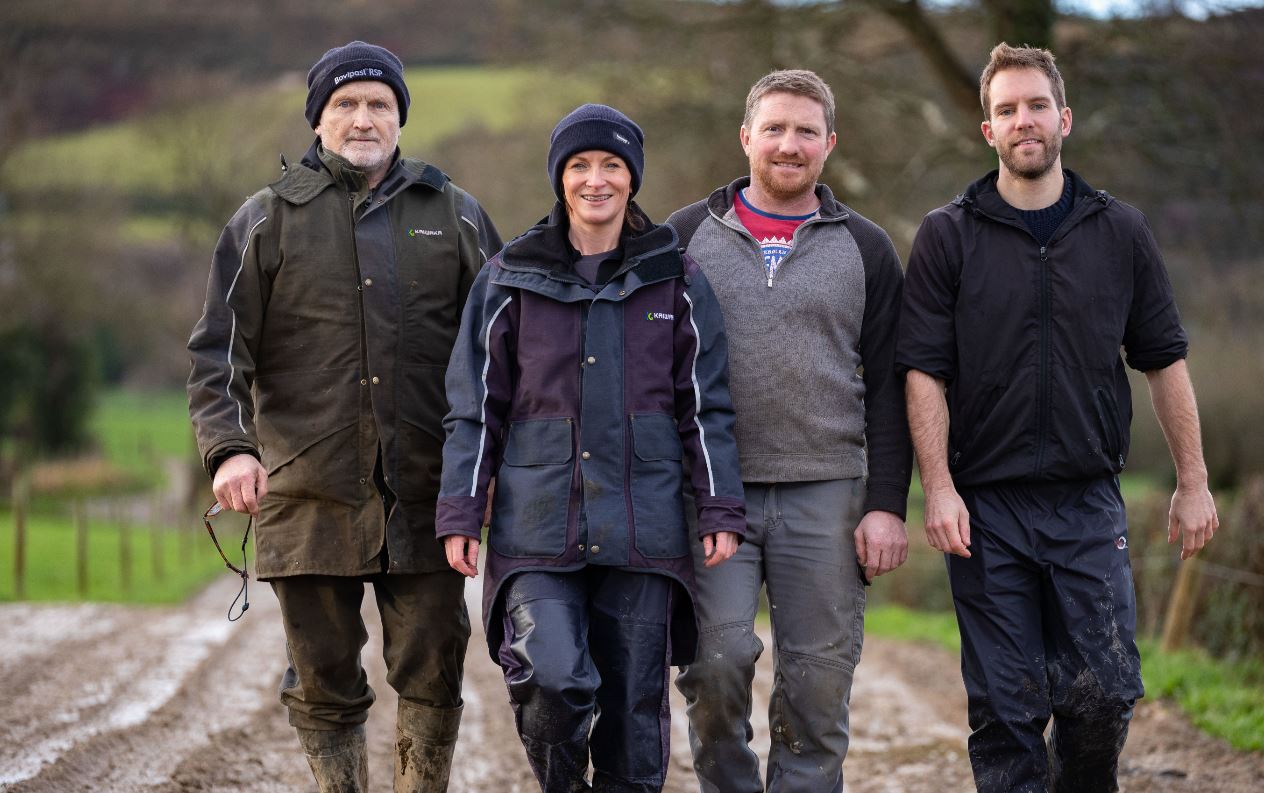
Although calves are susceptible to many diseases from early life, calf scour is the most common illness in calves less than one month old. Rotavirus, Coronavirus and E.coli are some of the most common causes of calf scour which can lead to significant economic losses due to calf mortality, treatment costs, labour and reduced growth rates.
According to Co. Wicklow farmer, Darren Healy, prevention is always better than cure when it comes animal health. Located in Redcross Co. Wicklow, Darren is farming in partnership with his wife, Kalinda, and father, Eamon. The Healy’s are milking a 280 predominately Holstein Friesian herd. The farm is run on a grass based, spring calving system, with his herd calving from the beginning of February to the end of April.
In order to maximise their milking platform and reduce labour costs, calves are sent to a contract rearer at two weeks of age. They undergo AI breeding and the various vaccination regimes whilst on the contract rearers farm before going back to the Healy’s 18 months later, approximately six weeks prior to the calving season.
According to Darren, the control of calf scour is based on equally important preventative practices. Vaccination is not used as a substitute for good quality colostrum, good hygiene practices or good housing management; they all go hand in hand in order to reduce the risk of calf illness and enhance thrive.
Preventative Practices
Colostrum Management
Colostrum is the single most important nutrient for the newborn calf as it contains high levels of energy, growth promoters, vitamins and immunoglobulins. Failure to provide enough good quality colostrum to calves immediately after birth will affect the calves long term health and performance.
According to Suzanne Naughton, Veterinary advisor with MSD Animal Health, “Feeding three litres of good quality colostrum as soon as possible after birth, and ideally within the first two hours, is critical in order to obtain the necessary antibodies which will kick start the calves immune system and help protect against disease. The ability to absorb antibodies drops substantially after six hours and is effectively non-existent after 24 hours. Vaccinating pregnant cattle with the MSD Animal Health scour vaccine 12 – 3 weeks prior to calving will boost the levels of Rotavirus, Coronavirus and E.coli antibodies in their colostrum. This will be passed to the new-born calf in the first colostrum feeding”.
Darren states that colostrum feeding is one of the most important factors on his farm. “When calves are born, they are fed colostrum as soon as possible. They are left suck the cow straight after calving and irrespective if the calf has sucked the cow or not, it will also receive three litres of colostrum.
“Each year we try and up our game in some way. This year we purchased a Brix refractometer which allows us to determine if the colostrum is of a good quality.
“Over the last two years, we have really seen the benefits of managing our colostrum correctly. Weight gain and feed conversion has improved substantially, and we no longer experience incidences of scour,” says Darren.
Calves receive colostrum up to day three, before transitioning to whole milk which is fed up to the time they leave the farm at 2 weeks of age.
Housing & Hygiene
Good hygiene is central to Darren’s calf rearing programme and is applied to all areas including housing, feeding and bedding. “We are very particular about calf hygiene. We have two calf rearing sheds which allows us to clean, disinfect and air out one shed and temperately hold the calves in the other shed”, says Darren. Calves are bedded twice a day with clean fresh straw and the calf feeders are scrubbed with soapy hot water after each feeding. The feeders are washed with a disinfectant once a week.
Darren has also invested in a number of large disinfectant mats which are located at the entrance of the calf sheds to reduce the risk of contamination from farm boots. Calves are housed in a well-ventilated calf shed where they have access to a dry deep straw bed and fresh clean water. Calf jackets are used on some calves under three weeks of age to prevent cold stress and maintain body heat.
Vaccination
Despite adopting these strict management practices, Darren stresses that calf scour is always going to be a threat if you don’t have a preventative health and management plan in place.
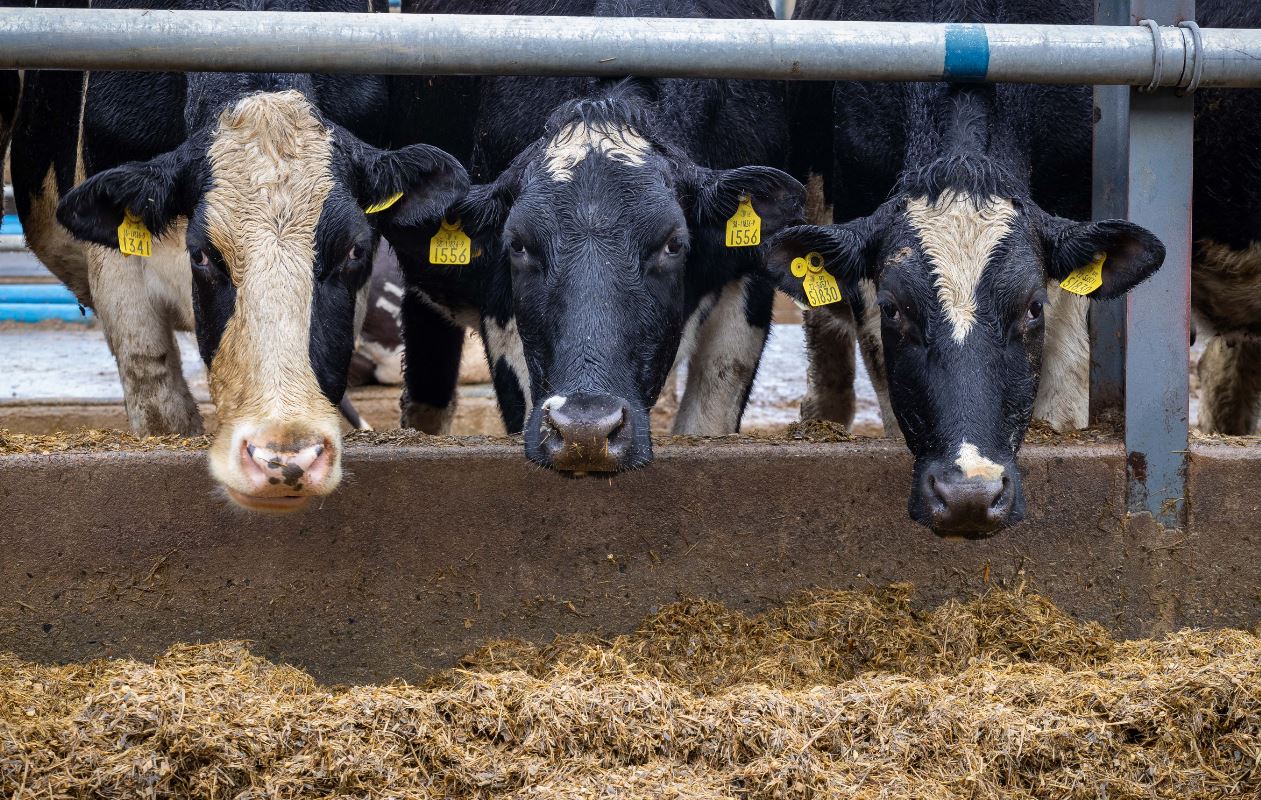
With the help of his vet, Mark Drought from Avondale Veterinary Hospital, a health plan is developed for each of Darren’s group of animals. Based on Mark’s recommendations, Darren uses a number of MSD Animal Health vaccines to reduce the risk of Scour caused by Rotavirus, Coronavirus and E. coli, Salmonella, Leptospirosis, IBR and pneumonia.
“As per Mark’s health plan, we vaccinate cows 3 weeks prior to calving to protect the newborn calf from the main scour-causing bacteria. This is why we ensure that the calf receives colostrum as soon as possible after birth as the colostrum will contain these antibodies to protect the calf against scour.
Calves are vaccinated with Bovipast RSP at 2 weeks of age to reduce the risk of pneumonia before they leave to go to the contract rearer. The booster shot is given on the contract rearers farm along with the other vaccines on the animal health plan.”, says Darren.
Apart from prioritising animal health, Darren maintains that vaccination also makes more financial sense in the long run.
“Animal health is priority on this farm and we also don’t have the time or labour to be able to treat sick animals. It makes more sense for me to vaccinate for calf scour every year as it means that I can budget and manage the cash flow for the year. I cannot account for the costs associated with a breakout of scour or even worse, losses of calves.”
The investment is clearly paying off for Darren as the work that the vet carries out on farm is 90% advisory compared to just 10% emergency.
“We rarely have any issues with sick calves and I believe this is a result of undertaking the appropriate preventative practices throughout the season”, concludes Darren.
Hygiene critical to reduce incidence of calf scour
Mark Drought, vet partner with Avondale Veterinary Hospital in Wicklow said that creating a calf health plan with your vet now can save you time and money during the calving season “More and more calves are being born on farms during the Spring which increases the disease pressure on farm. With this expansion, space is sometimes at a premium. Vaccinating pregnant cattle against calf scour will reduce the risk of an outbreak amongst the calves during the calving season”. Vaccination alone won’t make calf scour disappear Mark warns.
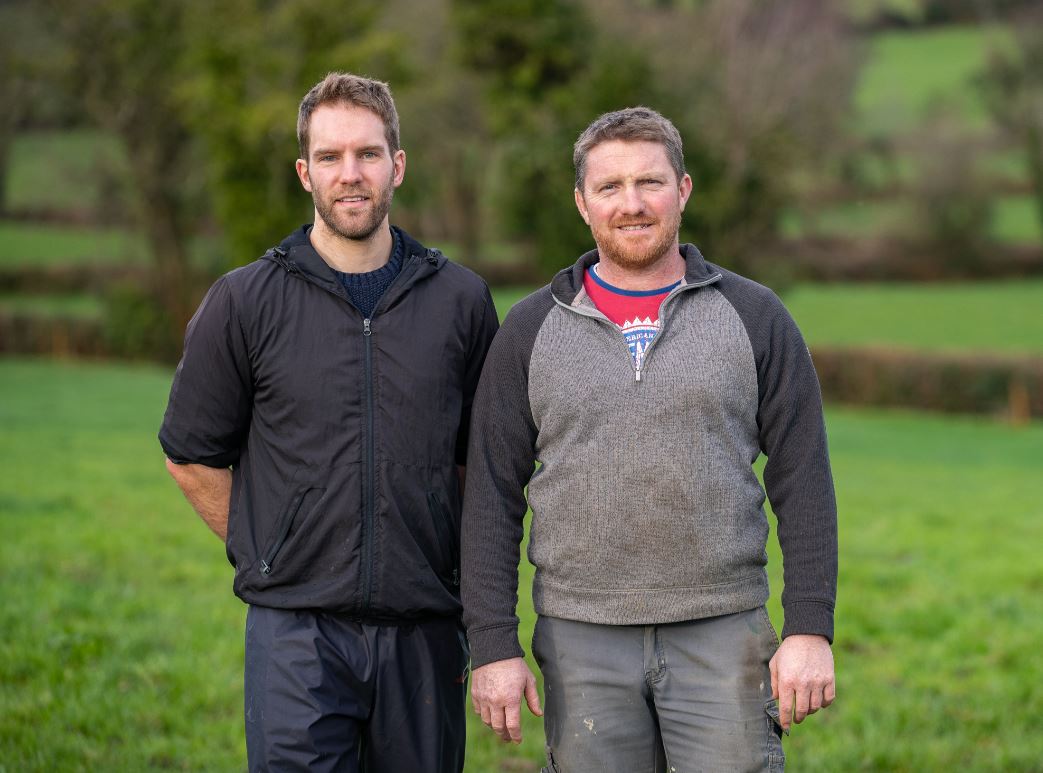
“Colostrum feeding and hygiene go hand-in-hand with vaccination. Farmers are aware of the importance of feeding colostrum to the calf as soon as possible and ensuring that the calf has a deep, dry straw bed. However, hygiene isn’t always adhered to especially when storing colostrum and this can sometimes be the cause of scour in calves. Cleaning utensils thoroughly after each feeding will reduce the build-up of scour causing bacteria. If storing colostrum, use clean containers each time.
Farmers in my area that have vaccinated against calf scour have had very good results with it and are continuing to vaccinate against the disease in order to reduce the risk of calf scour emerging.
For more information, check out the scour page in the link below.
Sign up to Bovilis® product and event information
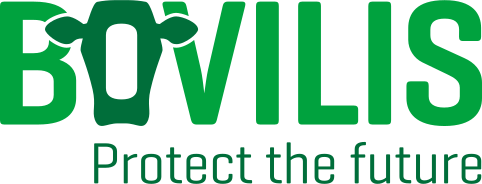
MSD Animal Health
Red Oak North, South County Business Park, Leopardstown,
Dublin 18, Ireland
vet-support.ie@msd.com
PHONE
